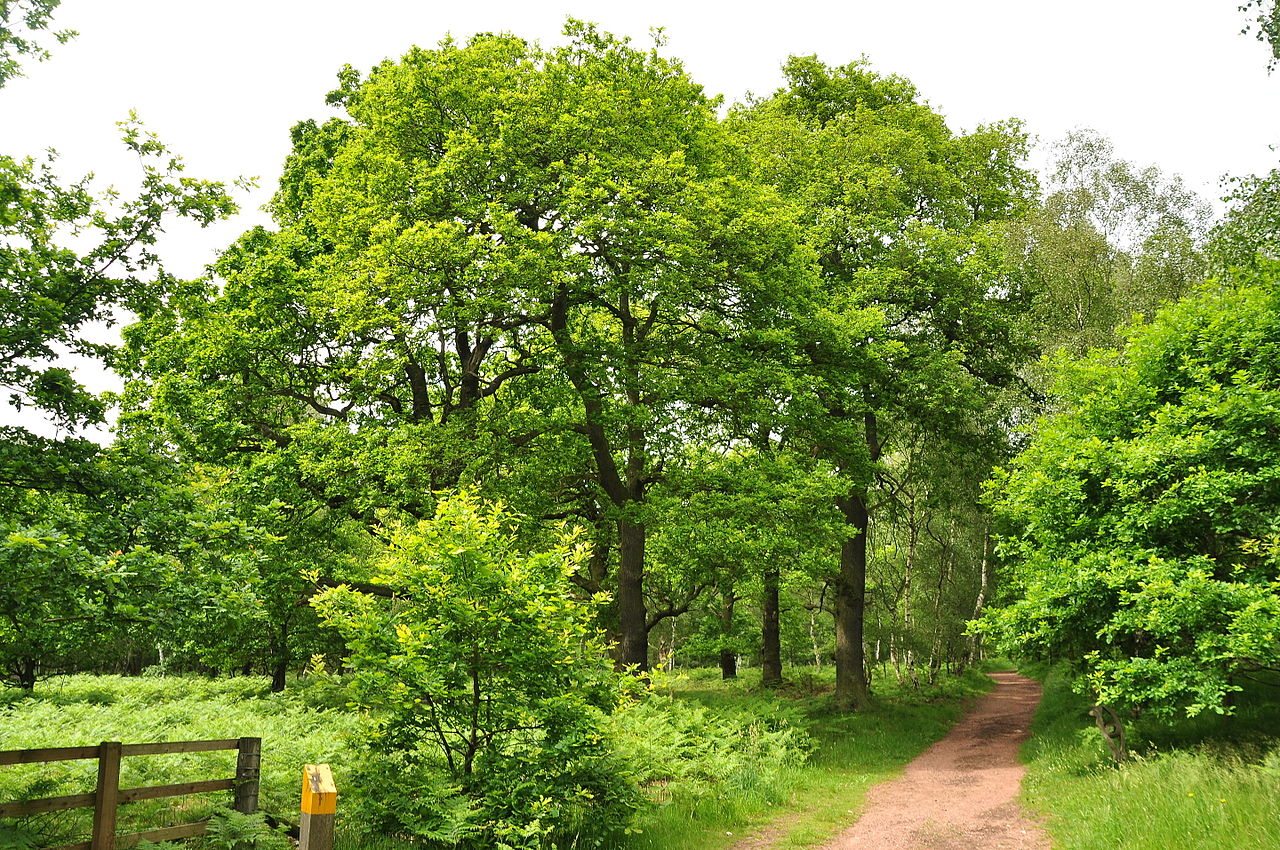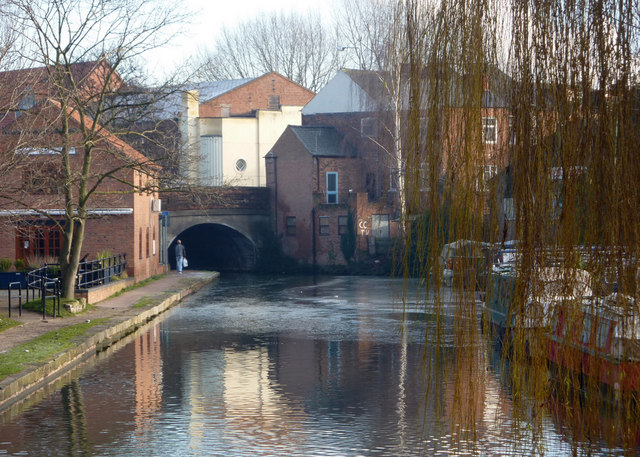The hidden history of Nottinghamshire hops
There are just over 50 farmers growing hops today – half of which are based in the West Midlands and the rest in the South East. However, there was once a time when hops were grown much further north around the small town of Retford, Nottinghamshire. Retford was, in fact, the epicentre of what was known in the trade as North Clay Hops (so-called after the North Clay division of Bassetlaw, of which Retford is part). The town not only held the most northerly hop fair in the country, but the surrounding rural district had hundreds of acres under hop cultivation at peak production in the early 19th century. A hop fair was also held in Tuxford in the southern part of the North Clay growing area.
Hop production in 1724
* Essex – 890 acres
I866 returns from the Ministry of Agriculture, Fisheries and Food
* Nottinghamshire – 943 acres
* Suffolk – 314 acres
North Clay Hops were considered to be much stronger than Kentish Hops and were famously bitter. It was their distinct bitterness that contributed to the original Nottingham Brewery’s celebrated bitter taste. Hoppiness, which is what produces bitterness in beer, wasn’t always popular. When hops were first reintroduced into Britain, it took some time for the addition of hops to take off as the bitter taste wasn’t appreciated. At this time beer was flavoured using herbs and spices, but hops not only added floral and citrus aromas, as well as bitterness, it helped beer keep for longer.
Although many modern beers add copious amounts of hops, even as late as 1863 they had their detractors. JF Johnston in ‘The Chemistry of Modern Life’ noted that “The clay hops of Kent and Sussex are coarse and rank but those of the small district of Retford, in Nottinghamshire, called the north clays are preeminent in rankness. They give a coarse flavour to the beer, which is almost nauseous to those unaccustomed to it.” Johnston goes on to advocate that better drainage of the land might improve the quality of the hops.
Despite these misgivings, North Clay hops were prized by many and often achieved a higher price than Kentish hops. While Farnham hops were regarded as the finest, followed by Kentish hops, some brewers paid a premium for the lower-yielding North Clay hops because they were thought to be the best hops for strong ‘keeping beer’, since the flavour was slow to fade. “A strong and rank hop, fit only for porter-brewing, when mellowed by age,” noted John Levesque in ‘The Art of Brewing and Fermenting’ (1836).
Hops appear to have been grown in the North Clay area from the seventeenth century onwards. It is not known why they were originally introduced, but DCD Pocock writing in The Agricultural History Review in 1965 (see ‘Some Former Hop Growing Centres’) said that the county was growing large quantities of barley at that time and had significant malt and ale-brewing industries. Since the nearest hop fair was in Stourbridge, some 100 miles away, it might have been a matter of convenience to grow hops more locally. Another theory is that the owners of large estates in the area had connections with the south of England and may have introduced the idea to the area. R Lowe, in ‘A General View of The Agriculture of Nottingham’ (1798), noted that hops were grown “in vallies and wet lands for the most part, not very valuable for other purposes”.
By 1880, hop cultivation in the North Clay area had dwindled to a mere 29 acres. The decline of the industry seems to have been caused by two factors. The first was the advent of the railway, which meant that hops could be more easily sourced from elsewhere. The second was the impact of changing tastes, which favoured Kentish style hops and lighter beers. Production of North Clay Hops plummeted as a result and eventually died out in 1892. Landlords were also known to have instructed tenant farmers to reduce hop production because they were neglecting other (more reliable) crops in favour of hops, with the landlords complaining it was enriching the farmers but not themselves. Hops also had high production costs (6 to 7 times that of grain) and were subject to heavy taxation. The crop was a ‘boom or bust’ crop in Nottinghamshire, easily ruined amid the damper conditions which made it a far less reliable crop than others. This means farmers would struggle to pay their bills in a bad year – hence the landlords’ view that it was too risky and instructions to reduce production.
1823 was a disastrous year for North Clay Hops. The yield from Hop Duties (taxation of the crop) fell from £3,162 in 1822 to just £7 in 1823 before recovering to £1,331 the following year.
E. J. Lance, The Hop Farmer
Remnants of the old trade can still be found locally, however, particularly in pub names such as The Hop Pole in Retford and The Hop Pole Hotel in Ollerton. Wild hops still grow in the hedgerows, woods, verges and gardens of North Nottinghamshire.



